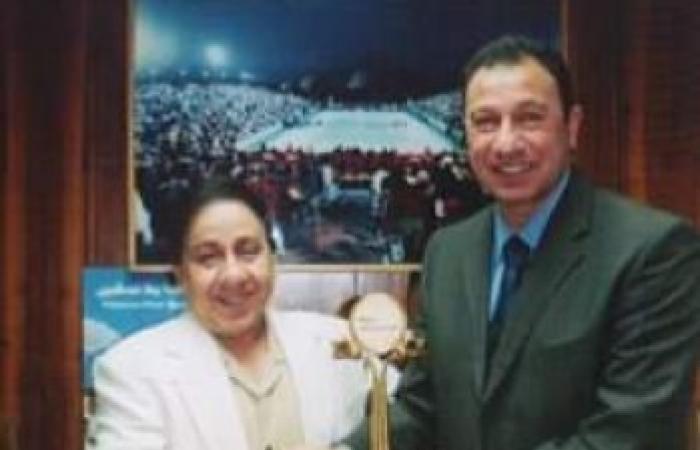a gem in Robert Frost's illustrious collection, shines as one of his most cherished creations. Yet, this beloved poem often dances in the reader's mind as a simple anthem of individualism, championing the pursuit of one's unique path. Alas, therein lies the irony—the true essence of the poem often slips through the fingers of those who admire it.
《《 The Irony Unveiled 》》
David Orr, in his critique for the Paris Review, illuminates this common misunderstanding. The speaker of the poem foretells a future where he will recount his choice of the "road less traveled." However, this tale is steeped in irony, for the speaker has already confessed that both paths "equally lay / In leaves" and that "the passing there / Had worn them really about the same." Thus, the so-called "less traveled" road is, in truth, no different from its twin. The roads are, in essence, interchangeable.
《《 A Jest for a Friend 》》
Frost's pen danced to a playful tune when he crafted this poem, a jest aimed at his friend Edward Thomas. Thomas, a man plagued by indecision, often found himself torn between paths during their walks. The poem, then, is a light-hearted jab at Thomas's perpetual hesitation.
《《 Whispers of Regret and Satisfaction 》》
In a New York Times review of Brian Hall's 2008 biography, "Fall of Frost," a poignant observation emerges: "Whichever way they go, they're sure to miss something good on the other path." The sigh that escapes the speaker in the final stanza could be a breath of regret or a murmur of satisfaction. Yet, this sigh carries weight, highlighting the chasm between the speaker's present reflections and his future recounting.
《《 Frost's Own Reflections 》》
Lawrance Thompson, Frost's biographer, offers a glimpse into the poet's own musings. Frost, before reciting the poem, would often caution his audience, "You have to be careful of that one; it's a tricky poem—very tricky." This caution hints at the poem's layered irony. Thompson suggests the narrator is a soul who habitually mourns the roads not taken, sighing wistfully over the paths left unexplored. Frost, when introducing the poem, would liken the speaker to his friend Thomas, a man forever haunted by the choices unmade.
Thus, "The Road Not Taken" unfurls as more than a simple celebration of individuality. It is a reflection on the bittersweet nature of choice, the ever-present shadow of regret, and the whimsical irony of life's diverging paths. In this way, Frost's words continue to dance upon the page, inviting readers to look beyond the surface and embrace the poem's deeper, more nuanced melody.
Novelis Dr- Howaida Hajjaji Ahmed




 رئيس التحرير يكتب : من التراب وإلى التراب يعود .. تحويل جثث الموتى إلى سماد عضوى
رئيس التحرير يكتب : من التراب وإلى التراب يعود .. تحويل جثث الموتى إلى سماد عضوى
 رئيس التحرير يكتب : لماذا تصر الحكومة على استمرار شريف أبو النجا رئيسا لمستشفى 57357 رغم الشواهد العديدة على فساده
رئيس التحرير يكتب : لماذا تصر الحكومة على استمرار شريف أبو النجا رئيسا لمستشفى 57357 رغم الشواهد العديدة على فساده اقرأ في العدد الجديد ( عدد يناير ٢٠٢٣ ) من جريدة صوت بلادي
اقرأ في العدد الجديد ( عدد يناير ٢٠٢٣ ) من جريدة صوت بلادي









